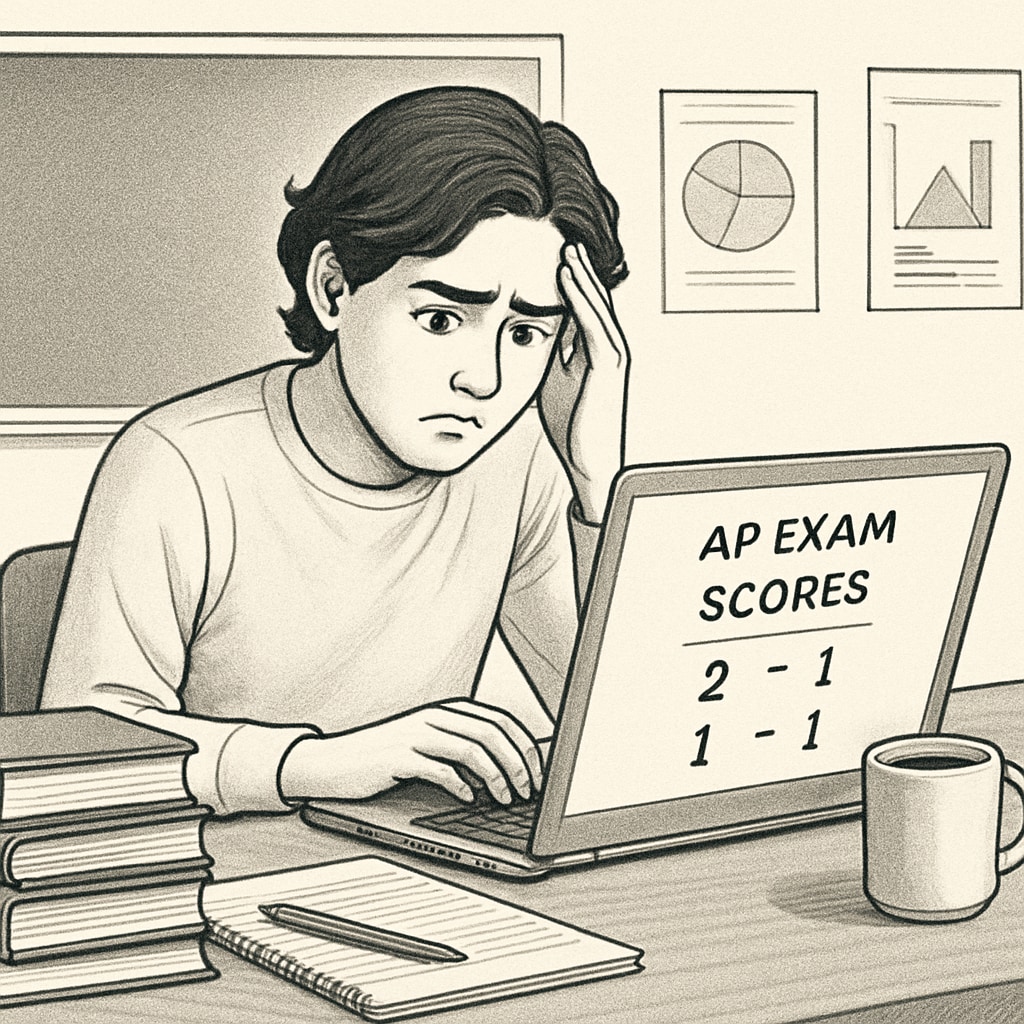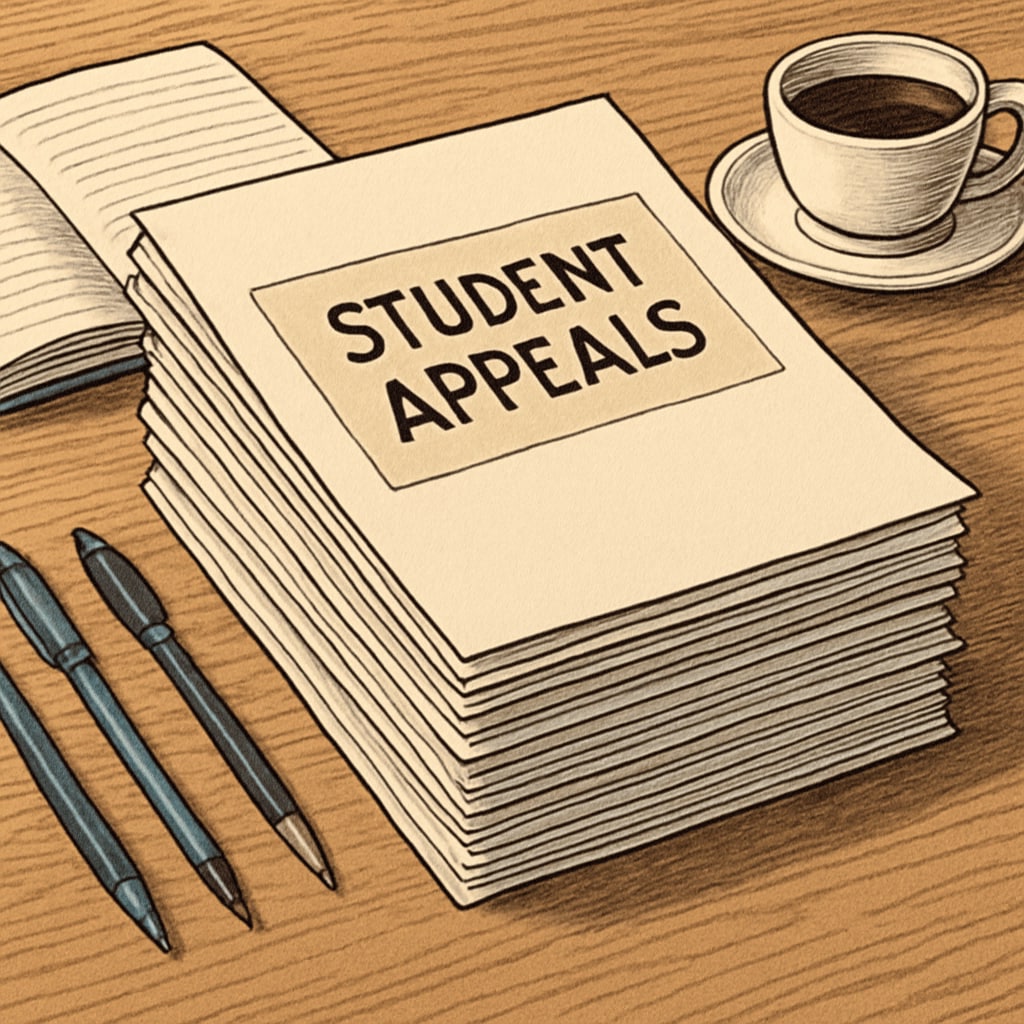When a high school student enrolled in AP Physics C, they expected a challenging yet rewarding academic experience. What they didn’t foresee was a journey marred by teacher error, a flawed evaluation process, and a bureaucratic maze that ultimately denied them fairness. The incident highlights systemic issues within K-12 education, where accountability mechanisms often fail to protect students’ rights. This story serves as a wake-up call for educators, administrators, and policymakers alike.
The Teacher’s Mistake: A Catalyst for Injustice
In the case at hand, the student’s AP Physics C grade was significantly impacted by a teacher’s professional oversight. According to reports, the instructor miscalculated several exam scores, leading to an incorrect final grade. Despite the student identifying the error and providing evidence, the teacher initially dismissed their concerns, citing administrative procedures as a barrier to immediate correction. This moment marked the beginning of a long and arduous battle for the student.

Bureaucracy Over Justice: The Appeals Process
The student’s appeals process revealed a labyrinthine system designed more for preserving administrative convenience than addressing legitimate grievances. First, their request for grade correction was forwarded to the school’s administration. Despite acknowledging the teacher’s mistake, the school claimed they lacked the authority to alter grades after submission to the College Board. The student was then directed to the district office, which introduced additional paperwork, delays, and vague explanations about policies.
Key hurdles in the appeals process included:
- Conflicting guidelines between the school and district on grade corrections
- Excessive delays caused by administrative bottlenecks
- A lack of transparency regarding appeal outcomes

Support from Experts: A Glimmer of Hope
Despite the challenges, the student found support from external academic professionals who reviewed the evidence and deemed the appeal valid. Physics educators and advocates for academic integrity emphasized the importance of correcting such errors promptly. Unfortunately, their voices were drowned out by layers of bureaucracy within the school district. The district ultimately rejected the appeal, citing procedural limitations and a lack of precedent for grade changes of this nature.
This outcome raises critical questions:
- How can students trust the integrity of academic evaluations when errors go uncorrected?
- What accountability measures exist for teachers and administrators in cases of professional negligence?
- Why are appeals processes often inaccessible and opaque?
Lessons Learned: Accountability in K-12 Education
This student’s story is not an isolated incident; it reflects broader systemic issues in the K-12 education framework. While schools claim to prioritize fairness and integrity, the reality often paints a different picture. Bureaucratic hurdles, poorly defined policies, and a lack of accountability mechanisms create environments where errors and injustices persist unchecked.
To address these issues, experts suggest the following reforms:
- Streamlining academic appeals processes to ensure transparency and efficiency
- Establishing clear guidelines for grade corrections and teacher accountability
- Providing students with access to independent review boards for appeals
- Training teachers and administrators in ethical evaluation practices
As a result of this case, the student has become an advocate for change, urging schools and districts to prioritize fairness and accountability. Their determination serves as an inspiration for others facing similar challenges and underscores the urgent need for systemic reform.
In conclusion: This story sheds light on the imperfections of our education system and calls for immediate action to protect students’ rights. While the student’s journey may have ended in disappointment, their efforts have sparked important conversations about academic integrity and accountability that will hopefully lead to meaningful change.


